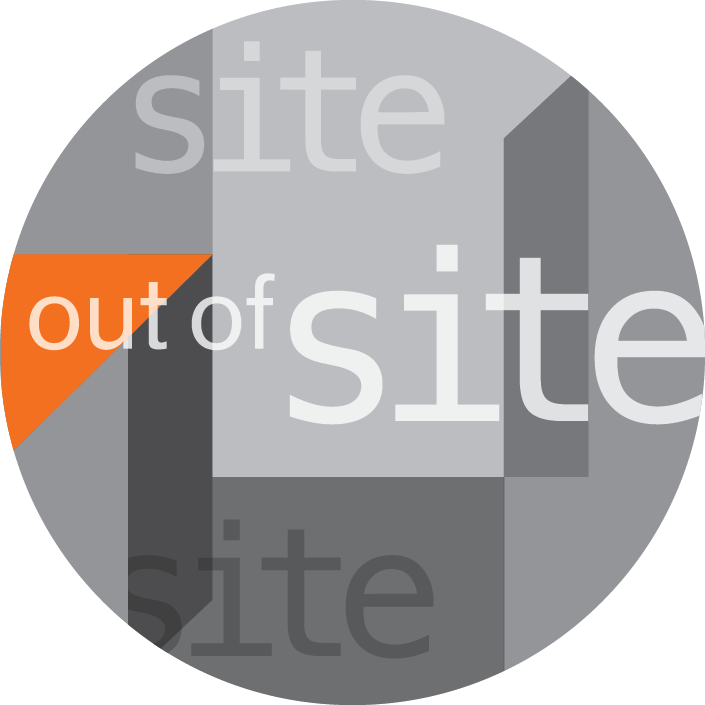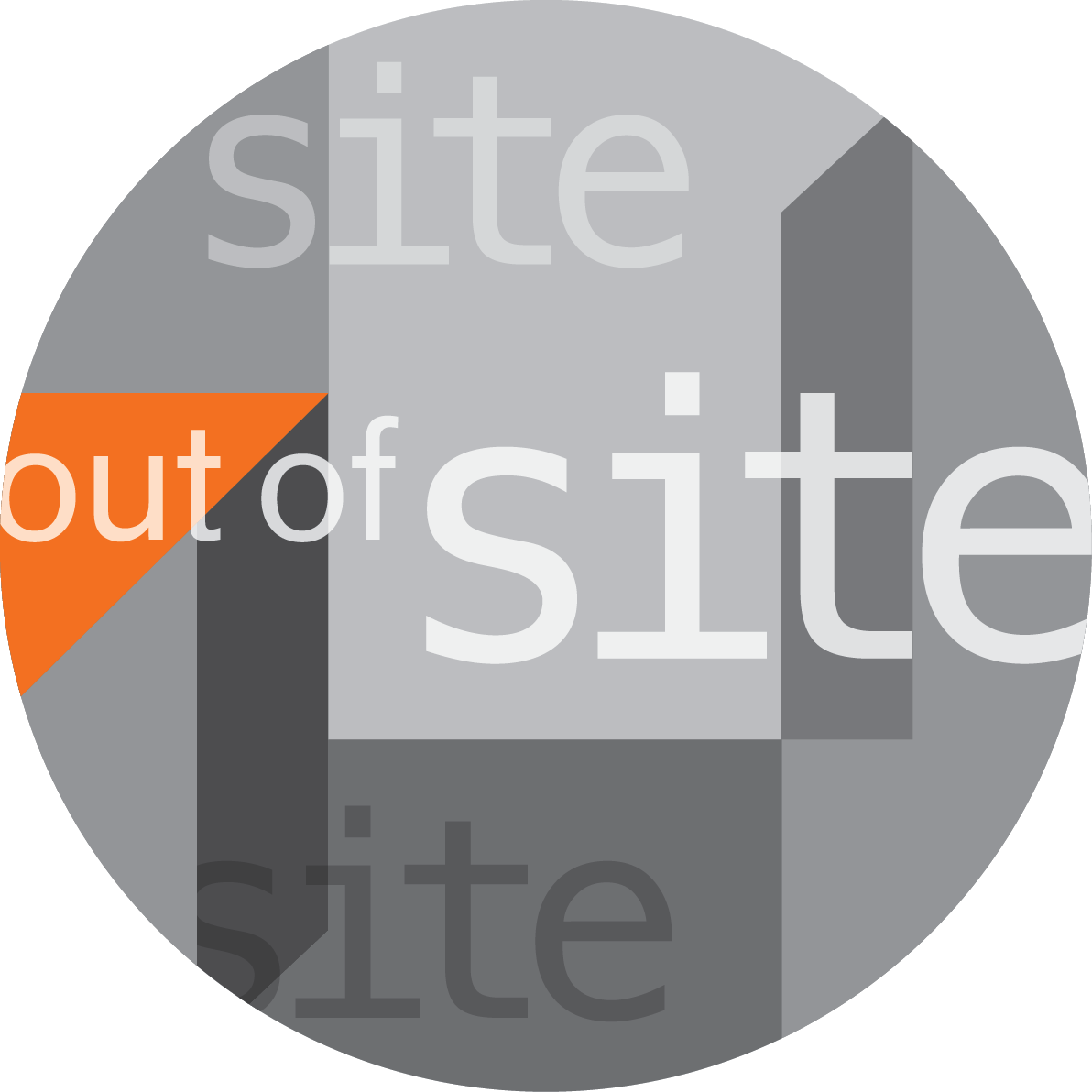
Flow embody • in site

Jennie Klein on Finale Flow Lunchtime Concert
Memories of Shelter by Yaryna Shumska was livestreamed from a suburb of Lviv, Ukraine, where she teaches in the Department of Contemporary Art Practices at the Lviv National Academy of Arts (LNAA). Lviv is a city renowned for its medieval architecture and cobblestoned city center and a designated UNESCO world heritage site. Largely untouched by the fighting going on elsewhere in the Ukraine, Lviv has become a sanctuary city where Ukrainian refugees from besieged cities are welcomed. Shumska’s performance made reference to a humanitarian crisis that was not readily apparent in the quiescent streets through which she traveled.

Jennie Klein on Dimple B Shah
During the seventies, feminist artists turned to performance art in order to make ritualistic pieces that invoked a non-patriarchal religious spirituality. At the time, invoking a mother goddess to counteract 50,000 years of patriarchal rule seemed like a radical act. Just ten years later, invoking the mother goddess and using ritual was no longer viewed as being so radical. In fact, western feminist scholars and critics, many of whom were being appointed to positions within the academy, were somewhat embarrassed by cultural feminist art, which they saw as essentially flipping the patriarchal binary hierarchy of male/culture/language vs. women/nature/the body without questioning what it meant to embrace that binary, and why it was embraced in the first place. What had previously been radical was seen as hopelessly naive, simplistic, and guilty of cultural appropriation. Thus the critic Craig Owens, in his much cited two part article “The Discourse of Others,” published in The Anti-Aesthetic (edited by Hal Foster) in 1983, did not mention any artists who were working with images of the goddess, even though artist such as Marybeth Edelson and Betsy Damon were working in New York City, where Owens was based.

Jennie Klein on Frans van Lent
Thirty years ago, Peggy Phelan published Unmarked: The Politics of Performance (Routledge), in which she argued that the power of performance as an art forms lies in its inevitable disappearance. Published in 1993 as video technology was just becoming available, Unmarked referenced a different, earlier economy of performance art, one in which description was more important than documentation, and it was often difficult to find either, since most were tucked away in limited run catalogs. Within 15 years, the iphone and the internet had changed everything. Performance art no longer disappeared. Instead, it continued to live on social media platforms, artist websites, and art publications.
The workshop Performance on the Border of Visibility, led by Frans van Lent for the 2022 Flow Festival, was about returning to the idea of the unmarked/unremarkable performance. Over two days, van Lent encouraged participants to think about making public performances that disappeared into the public space. Only the artist would know that they were performing. The public audience who encountered the piece would not be aware that anything was different, out of the ordinary, or amiss.

